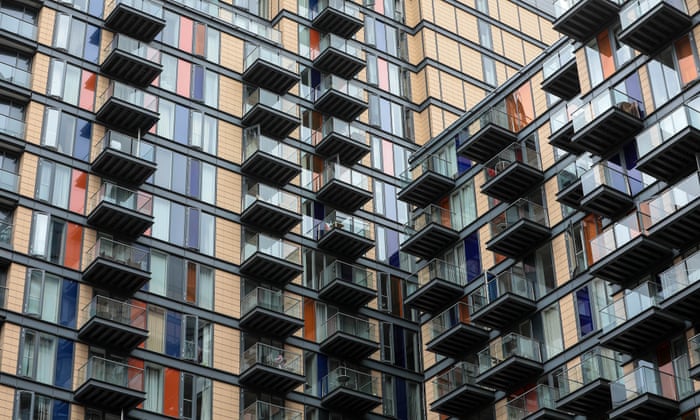Surprise rise in UK house prices as lack of homes for sale fuels lift
02-03-2018
Average price now at £211,756 but experts say overall trend is for growth to slow
UK house prices rose at the fastest annual pace in 10 months in January, bolstered by a lack of new homes coming on to the market, according to Nationwide.
The average price of a home reached £211,756 last month, according to the building society’s monthly survey. Property values were up 0.6% from the month before, the same monthly gain as in December, but the annual growth rate picked up to 3.2% from 2.6%, the highest since March 2017, when it was 3.5%.
Robert Gardner, Nationwide’s chief economist, said: “The acceleration in annual house price growth is a little surprising, given signs of softening in the household sector in recent months. Retail sales were relatively soft over the Christmas period, as were key measures of consumer confidence, as the squeeze on household incomes continued to take its toll.”
But he added: “The flow of properties coming on to estate agents’ books has been more of a trickle than a torrent for some time now and the lack of supply is likely to be the key factor providing support to house prices.”
Many forecasters predicted the housing market would continue to slow to about 1% this year. This would mean property values falling in real terms. Nationwide is still forecasting price growth of 1-1.5% this year.
Chris Scicluna, an economist at Daiwa, said: “With real wage growth remaining below zero and consumer confidence still subdued, house price growth appears unlikely to extend this upward trend over coming months and quarters. However, a similar pace could well be maintained on the back of very attractive mortgage rates, limited supply, record high employment, and the strong likelihood that consumer price inflation is likely to moderate.”
Home ownership in England remained at a 30-year low last year. The government’s latest English housing survey showed that of an estimated 22.8m households, 14.4m – or 62.6% – were owner-occupiers in 2016-17, compared with 62.9% in 2016. This was similar to the rate seen in the mid-1980s and down from a peak of 71% in 2003. Of young adults aged 25 to 34, only 37% owned their home.
Since you’re here …
… we have a small favour to ask. More people are reading the Guardian than ever but advertising revenues across the media are falling fast. And unlike many news organisations, we haven’t put up a paywall – we want to keep our journalism as open as we can. So you can see why we need to ask for your help. The Guardian’s independent, investigative journalism takes a lot of time, money and hard work to produce. But we do it because we believe our perspective matters – because it might well be your perspective, too.
I appreciate there not being a paywall: it is more democratic for the media to be available for all and not a commodity to be purchased by a few. I’m happy to make a contribution so others with less means still have access to information. Thomasine F-R.


